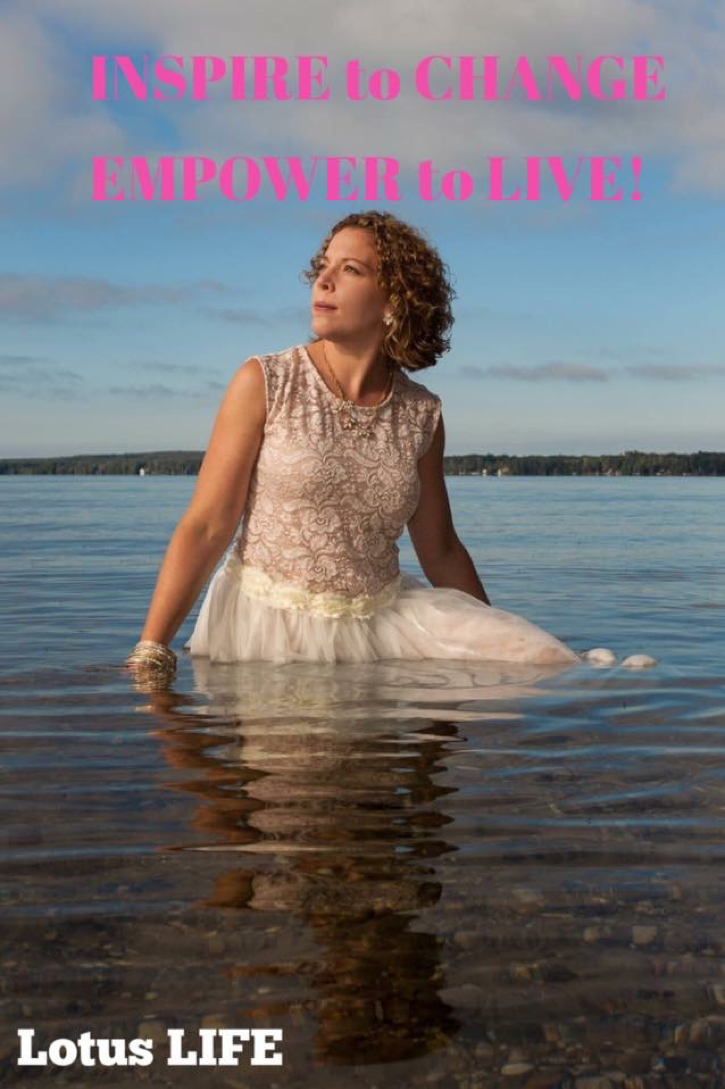October is for pink, for awareness, for warriors.
At mConnexions, we are grateful for our beautifully strong breast cancer survivors. And we know that even with awareness, we are still at risk of losing men and women we love to this disease.
So in the spirit of awareness… of action… we are sharing this guest blog written by an advocate and warrior we love, Alexis Schneider of Lotus Life Wellness.
If you are on a cancer journey, caring for someone with cancer, or finding whatever “normal” might mean after cancer, consider Lotus Life and Alexis, for her nurturing guidance to get you through your journey to wellness and beyond.
Guest Blog: An Integrative Approach to Reducing your Breast Cancer Risk
October is National Breast Cancer Awareness Month. It is estimated there will be 8,730 new cases of breast cancer and that 1,400 women will die from the disease this year.
Do you know your risk for breast cancer?
An individual woman’s breast cancer risk may be higher or lower, depending on a number of factors, including Age (1 in 8 after the age of 70), family history (approximately 5-10 percent of breast cancer is inherited due to strong genetic factors), reproductive history, race/ethnicity, and other factors that are not yet fully understood. This Breast Cancer Risk Assessment Tool can help you assess your own risk.
You do have CONTROL of certain risk factors and can limit your risk by:
● Maintaining a healthy weight (obesity especially after menopause is problematic). Weight Loss Reduces Risk
● Eating a diet that is high in fiber, fruits and vegetables and lower intake of fats (especially animal fats). Women with high amounts of cruciferous vegetables in their diet (broccoli) are less likely to be diagnosed with breast cancer.
● Controlling and reversing health conditions like high cholesterol, diabetes, high blood pressure
● Managing stress and maintaining positive social support (Counseling to learn healthy ways to cope can help)
● Obtain adequate sleep and supplement with melatonin if needed
● Limiting alcohol (known to increase estrogen levels)
● Quit Smoking (Free tools to help you Quit)
● Other correlated risk factors include: synthetic estrogens (certain chemicals like parabens found in body care products that mimic estrogen), electromagnetic fields (EMF) exposure, use of NSIADs (pain relievers) Reduce Toxic Exposure
SYMPTOMS
● How the breast or nipple feels (swelling, tenderness, or thickening)
● Lump in the breast or armpit
● Change in the texture of the skin covering the breasts
● Enlarged pores
● Dimpling, swelling or shrinking of the breast
● Discharge from the nipples
SCREENING:
Many women may not have any of these signs or symptoms before a breast cancer diagnosis. The simplest screening tool is knowing your own breasts and paying close attention to how they look or feel. Seek a clinical breast examination if changes are noted. Having an annual mammogram will not keep you from getting breast cancer, however it can increase your chances of finding breast cancer earlier. The American Cancer Society Breast Cancer Guidelines recommends mammograms every two years for women aged 50-74. Women in higher risk categories should discuss with their doctor to see if they may benefit from starting screening earlier. Screening for age 40-49 is still highly debated, because the risk of breast cancer in this age group is low and the rate of false positive results is high.
Breast Cancer in Young Women
Young women can and do get breast cancer, although rare (affecting less than 1% of total cases), these are some Startling Statistics and details on how breast cancer is different in younger women from the Young Survival Coalition. In younger women cancer tends to be diagnosed in its later stages, be more aggressive and have a higher risk of metastatic recurrence and mortality rate.

The author, Alexis Schneider is a 4 year young breast cancer survivor (diagnosed age 33), Licensed Counselor, Integrative Cancer Coach, Health Advocate, and Wellness Educator. Lotus Life a private practice in Old Town that provides integrative cancer services. If you’ve been diagnosed with cancer, or have recently recovered from cancer, or are interested in preventing cancer, then consider getting a Professional Cancer Coach to help you navigate through your health crisis and achieve the lasting health and wellness you deserve.
Alexis Schneider, MA, LLPC, CRC, CPCC
Lotus LIFE
1106 N. Cedar St. (Suite 200B)
Lansing, MI 48906
(517) 599-0613
Alexis@integrativecancerservices.com
Web: www.IntegrativeCANcerServices.com


